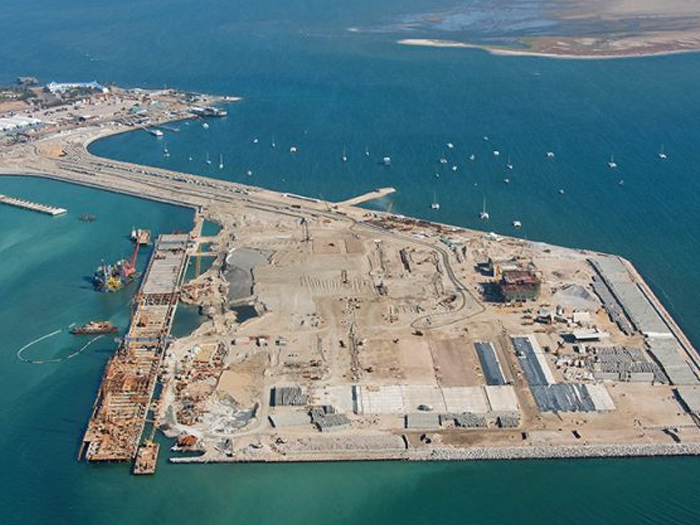(3 minutes read)
Namibia is the first Southern African country and 8th country in Africa, to accede to the Convention on the Protection and Use of Transboundary Watercourses and International Lakes. The country’s agreement seeks to consolidate the long-standing commitment to transboundary water cooperation in Southern Africa.
Namibia is the first Southern African country and 8th country in Africa, to accede to the Convention on the Protection and Use of Transboundary Watercourses and International Lakes. The country’s agreement seeks to consolidate the long-standing commitment to transboundary water cooperation in Southern Africa. Namibia opens the door to more countries in the region joining this unique treaty to help address water challenges across national borders, which is especially crucial due to rising climate change impacts, stated Olga Algayerova, Executive Secretary to the United Nations Economic Commission Europe. said.
Namibia, which has a population of some 2.5 million people, shares all its perennial rivers with neighbouring countries as well as several significant transboundary groundwater reserves.As both a mid-stream and downstream country, transboundary water cooperation is crucial for Namibia and the region’s water security and sustainable socioeconomic development.
Namibia’s Minister for Agriculture, Water and Land Reform Calle Schlettwein stated that the principles and regulations of the Water Convention align with the country’s policies on transboundary water cooperation and integrated water resources management and it stands as the cornerstone of Namibia’s water security. Through this accession, Namibia will not only reap substantial benefits from its participation in this global legal framework but will also have the opportunity to engage with fellow members in promoting the principles of peace and equity in transboundary water sharing.
Namibia has ratified basin agreements and is a member state of basin organisations including the Okavango-Cubango River Commission shared with Angola and Botswana; the Orange-Senqu River Commission shared with South Africa, Botswana and Lesotho; the Zambezi Watercourse Commission with all other riparian states of Angola, Botswana, Malawi, Mozambique, Tanzania, Zambia and Zimbabwe; and the Cuvelai Watercourse Commission with Angola.
At a regional level, Namibia is a party to the 2000 Southern African Development Community’s (SADC) Revised Protocol on Shared Watercourses and to the 1997 UN Convention on the Law of the Non-navigational Uses of International Watercourses (Watercourses Convention).
Read Also:
https://trendsnafrica.com/n1-1billion-new-german-funding-for-namibia/
https://trendsnafrica.com/prohibition-on-export-of-unprocessed-critical-minerals-from-namibia/
The Convention on the Protection and Use of Transboundary Watercourses and International Lakes (Water Convention) is a unique international legal instrument and intergovernmental platform which aims to ensure the sustainable use of transboundary water resources by facilitating cooperation. Initially negotiated as a regional instrument, it has been opened up for accession to all UN Member States in 2016.





